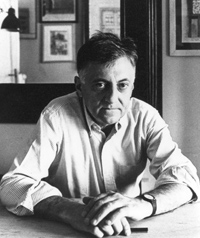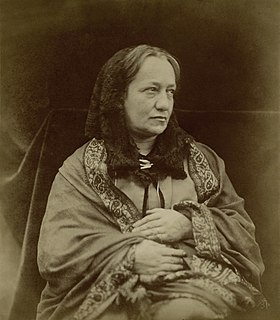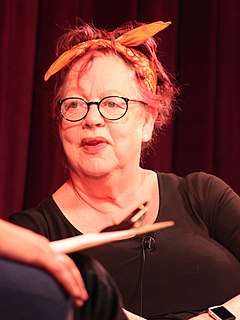A Quote by John Updike
Related Quotes
Objects obey quantum laws- they spread in possibility following the equation discovered by Erwin Schodinger- but the equation is not codified within the objects. Likewise, appropriate non-linear equations govern the dynamical response of bodies that have gone through the conditioning of quantum memory, although this memory is not recorded in them. Whereas classical memory is recorded in objects like a tape, quantum memory is truly the analog of what the ancients call Akashic memory, memory written in Akasha, Emptiness- nowhere.
The precise effects of lensing depend on the mass of the lens, the structure of space-time, and the relative distance between us, the lens, and the distant object behind it. It's like a magnifying glass, where the image you get depends on the shape of the lens and how far you hold it from the object you're looking at.
You are merely the lens in the beam. You can only receive, give, and possess the light as the lens does. If you seek yourself, you rob the lens of its transparency. You will know life and be acknowledged by it according to your degree of transparency - your capacity, that is, to vanish as an end and remain purely as a means.







































